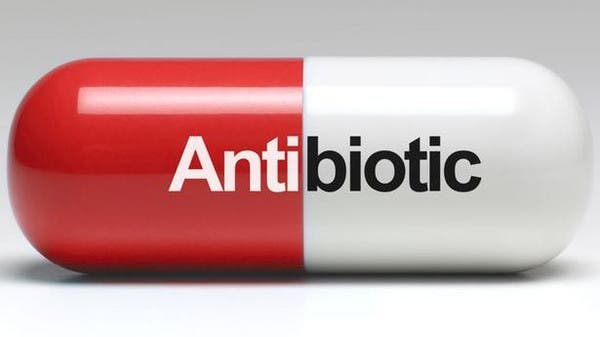Sick prisoners in Israeli occupation prisons an ongoing humanitarian crime
The Israeli occupation authorities continue to commit humanitarian crimes against Palestinian prisoners, including deliberate medical negligence towards sick prisoners, leading to the deterioration of their health and the death of some. According to the latest data from Palestinian institutions specializing in prisoner affairs, the number of sick prisoners in Israeli occupation prisons has reached 700, including 24 prisoners suffering from cancer and varying degrees of tumors.
The list of diseases afflicting these sick prisoners includes chronic illnesses such as heart diseases, diabetes, high blood pressure, infectious diseases like tuberculosis, gastrointestinal diseases, and psychological disorders. Many sick prisoners have been subjected to medical negligence by the occupation authorities, resulting in their deteriorating health conditions and the deaths of some.
In 2023, the Palestinian prisoner Khader Adnan died after a 111-day hunger strike protesting against his ongoing detention, as the Israeli authorities refused to release him. Prior to that, Palestinian prisoner Hisham Abu Hawash died after a 121-day hunger strike protesting against the conditions of his detention.
Prisoner advocacy organizations and human rights entities continue to demand the immediate release of sick prisoners and the provision of necessary medical care for them. The deliberate medical neglect of sick prisoners is a blatant violation of human rights. The international community must condemn this crime and put an end to it.
It’s worth mentioning that various international agreements guarantee medical care for prisoners and detainees, including:
– The Fourth Geneva Convention of 1949: This convention is one of the most important international agreements regulating the rights of prisoners. Article 76 stipulates that “the detaining authority must provide complete medical care, including medical, surgical, and nursing care, and supply the necessary medicines and other medical equipment to the individuals protected under this convention.”
– The Standard Minimum Rules for the Treatment of Prisoners of 1957: Issued by the United Nations to provide a uniform framework for the treatment of prisoners, Article 25 states that “competent authorities shall provide necessary medical care to prisoners and establish appropriate systems to ensure prisoners’ access to medical services at all times.”
– The International Covenant on Civil and Political Rights of 1966: This covenant affirms the right of every individual to enjoy the highest attainable standard of health. Article 10 states that “no one shall be deprived of his right to the highest attainable standard of physical and mental health.”
Based on these laws, prisoners have the right to receive necessary medical care, including medical, surgical, and nursing treatment, the provision of medicines, and other necessary medical equipment. They also have the right to access medical services at all times without discrimination based on race, religion, nationality, or any other factor.






